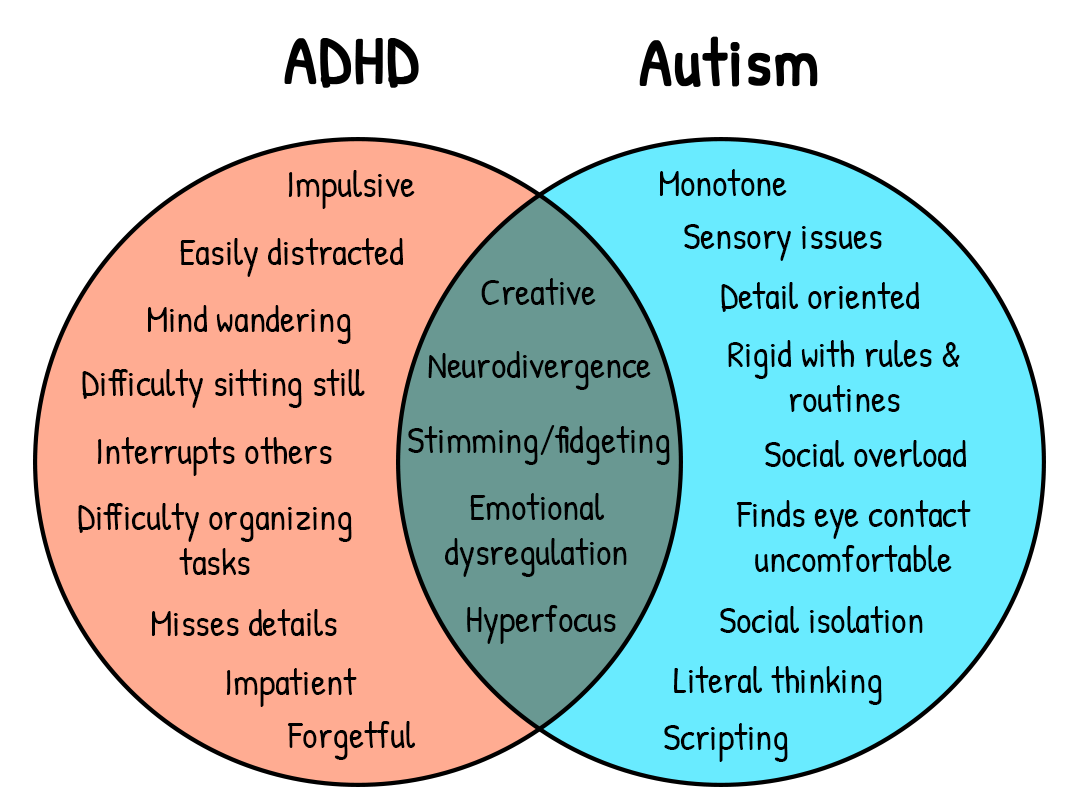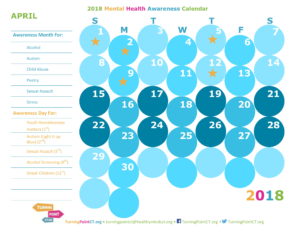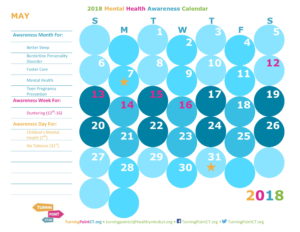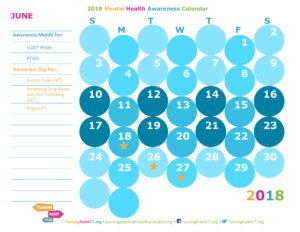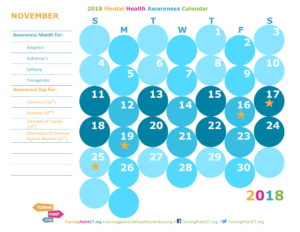I started a new job mid-August, and while I’m thankful to have the job, it has been quite the adjustment for me. Honestly, I’ve been having a really hard time adjusting to the new working environment. It has really been affecting my mental health, and this led to the discussion where we talked about a new-to-me diagnosis: ADHD.
Family History and a Hunch
Now, I’ve known that ADHD runs in my family. I’ve also had a hunch for quite some time that I probably have it. The signs and symptoms were there, just I’d never had a formal diagnosis. In the past, I usually had more pressing matters to deal with in therapy.
Current Struggles
I’ve been having a really hard time adjusting to working in an office five days a week. I have no problem getting myself to work on time or anything like that. My anxiety ensures that I’m early for everything. The issues arise from all of the distractions in the office. There are a lot of conversations happening around me in the office. For context, I am a proofreader and some of the stuff I’m proofreading is extremely dense. It’s been extremely hard for me to focus and I’ve been getting so overstimulated that I’m sometimes shutting down. I personally need a quiet working environment to function.
The Need For A Quiet Working Environment
At my last job, I was not only able work remotely 4 days a week, but I also worked in an office where we were all proofing audiobooks with headphones on all day, making it a relatively quiet workplace. There were definitely times where people were talking and laughing loudly amongst themselves, but it wasn’t all day or anything. So going from working in a quiet space to working in a pretty lively office has been really hard to adjust to.
I obviously have a lot of other symptoms as well, but I’ve just been very good at masking them for years. I’m even masking now at work because while I’ve been extremely anxious from just being overstimulated all the time while trying to read things (sometimes having to read sentences over and over and over), I’m not outwardly reacting. Like I’m sure nobody knows at work that I’m having such a hard time.
Another Potential Diagnosis?
While we were having the discussion about ADHD, I asked about the possibility of me also having autism as well. I’ve wondered about that possibility for years, and while my therapist can’t diagnose that, she said that there’s a high chance I have that as well. She said there are definitely some things that I do that make her suspect that I do. If I wanted an official diagnosis, I’d need to go see someone who could give me the diagnosis. The co-occurrence of ADHD and autism together is becoming more widely recognized, referred to as AuDHD (which is not an official term). You can read a bit more about AuDHD here.
I think both of these things have played a pretty large role in my history with eating disorders and disordered eating. My therapist confirmed that suspicion. I was able to dive into that with my therapist and it was really helpful for me.
Why It’s Helpful To Discuss These Things
I think that it’s really important for me to learn these things about myself because if I get a better grasp for how my brain works, it will really help with finding coping skills that will work for me. I’m still on the fence about whether or not it’s worth it for me to go get an official diagnosis for autism since I already know what specific things I struggle with in terms of that.
As the title of this blog post suggests, I’m really not surprised. This was more of just a confirmation for me. I’m pretty self-aware and I’ve been in the mental health world long enough to know the signs and symptoms. I think having meltdowns about random things that do not make sense to most people was one of the indicators for me lol. I had always assumed it’s horrible anxiety, but I think my anxiety stems/is worsened by the ADHD and suspected autism.
Anyhoo, that’s all I’ve got for now! I’m so happy to have a therapist that I feel so comfortable being myself around where I can comfortably have these discussions. Having a therapist you’re comfortable with is super important and I am glad I was able to immediately click with this therapist from day one.
– Kailey

